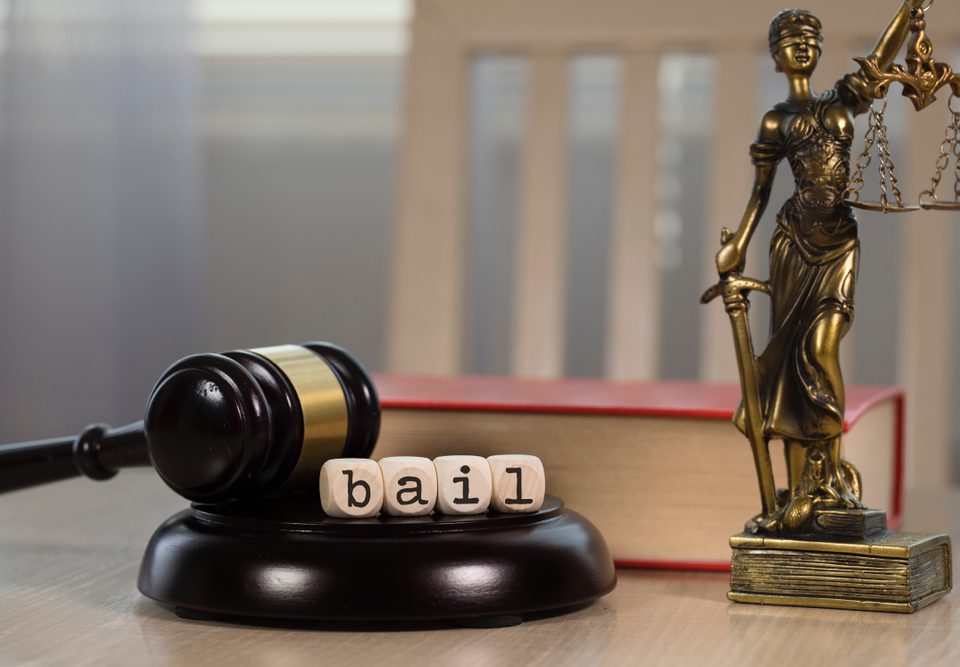- Serving All Utah Jails and Nationwide Jails for over 40 years
Rundown of Common Bail Bond Terminology, Part 2

Rundown of Common Bail Bond Terminology, Part 1
May 1, 2020
Primer on Jail and Prison Inmate Rights, Part 1
June 12, 2020In part one of this two-part blog series, we went over some of the important terminology associated with bail, bail bonds and related circumstances surrounding a release from jail. Those taken into custody are often experiencing this process for the first time, and as such they may be confused by a few terms they have not heard before.
At Beehive Bail Bonds, our bail bond agents are here to provide not only 24-hour bail bond services, but also expertise in these and other areas you may need assistance with. We’ve helped numerous individuals or families deal with a recent incarceration and secure proper release , from translating court terminology to many other areas. In today’s part two, we’ll go over some additional terms you may hear during this process and what each of them is referring to.
Collateral
In many cases, collateral will be required to use as a form of security against a loan or bond you use to secure a release from jail. If the conditions of the bond, which we went over in part one, are not met, the collateral in question will be automatically forfeited by the defendant.
By far the most common form of collateral, as many have already guessed by now, is money. In the majority of cases, the sum you pay to the court (or that the bail bondsman pays for you) serves as your collateral. However, other items utilized here in cases where defendants don’t have the proper funds may include cars, homes, jewelry, electronics or powersports items.
Defendant
In the cases we’re referring to, a defendant is the individual who is accused of a given crime. Like with any such accusation in the USA, such defendants are offered both time and the opportunity to defend themselves, with the assistance of an attorney if desired. In bail situations, the defendant is also the person being bailed out.
Indemnitor (or Co-Signer)
In a number of bail or bond situations, a defendant will be asked to find a co-signer, also called an indemnitor, to sign the bond with them. This is to further protect the lender and the court in case the defendant skips their court date – the co-signer will be held accountable for all legal expenses during the trial, plus will have to pay the full bail or bond amount to the court or bondsman. In cases where the defendant does not meet their responsibility, these funds will not be returned to either party.
Forfeiture
As we’ve noted here, bail bonds will include requirements for the defendant to appear for their court dates. In cases where they do not do so, the bond company will be notified – a second date may be set in some cases, offering some leeway to the defendant, but a failure to meet this date as well will lead to the full bail amount being kept by the court. Furthermore, the bail bond company may hire a fugitive recovery agent to attempt to locate the defendant.
For more on the terminology associated with bail and bail bonds, or to learn about any of our 24-hour bail bond services, speak to the staff at Beehive Bail Bonds today.




